The Science of Nostalgia
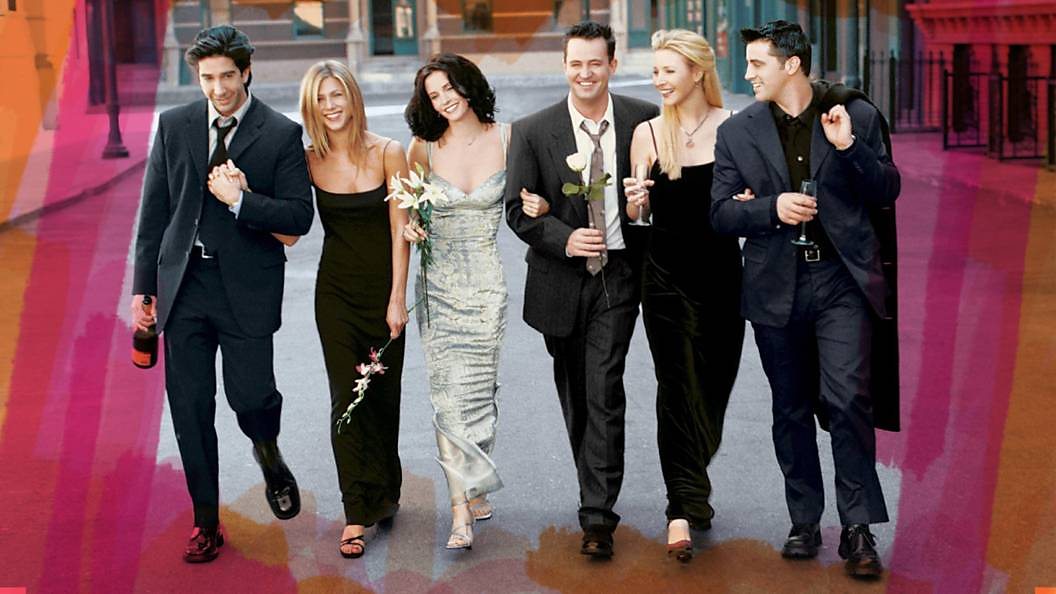
- Published
Oh... my... GAWD. Friendsfest is back. Could we BE any more jealous of anyone who actually managed to bag tickets? It's going to be a no-holds-barred nostalgia immersion. We’ve heard rumours of smelly cat karaoke and an actual Central Perk. But all anyone really wants to do is take a photo with the purple door right?
Because nostalgia is the best. This is hardly news – Friendsfest aren’t the first ones to capitalise on our love for the familiar. Take PokemonGo: a masterclass in how to take millennial nostalgia and turn it into serious cash. Or Stranger Things, which is killing it on Netflix. For those of you who haven’t seen it (really?) it’s basically Alien, ET, and The Goonies mashed up in an ode to 80s TV/Spielberg/Stephen King/the good old days when kids rode bikes and saved the world. Even Power Rangers are making a comeback, with fans losing it in anticipation of the comic's return.
Is it us, or do media companies and advertisers really want us to feel nostalgic? If you too were born between 1980 and 2000, you may feel the same.
It’s not a coincidence. We 'Millennials' (sorry, we won’t say it again) are ripe for having our memories sold right back to us, and it's not hard to see why we would be a target. We’re the biggest demographic to hit the planet since the dawn of demographics, in the prime of our working and spending years. Also, as the generation that does the most shopping online - where we also get our news, entertainment and do most of our socialising - we're the perfect consumers.
Nor is it a secret that companies use nostalgia to increase sales. A study published two years ago in the showed that a feeling of nostalgia has an intoxicating way of clouding our judgement and a powerful "capacity to weaken consumers' grasp on their money".
Companies are using nostalgia to try to hit the Millennial millions (sorry, that one snuck in). Articles like this by Vivian Giang are using such research to explicitly advise companies to get at our wallets by reminding us of 'happier times'. It makes us feel more and optimistic about the future.
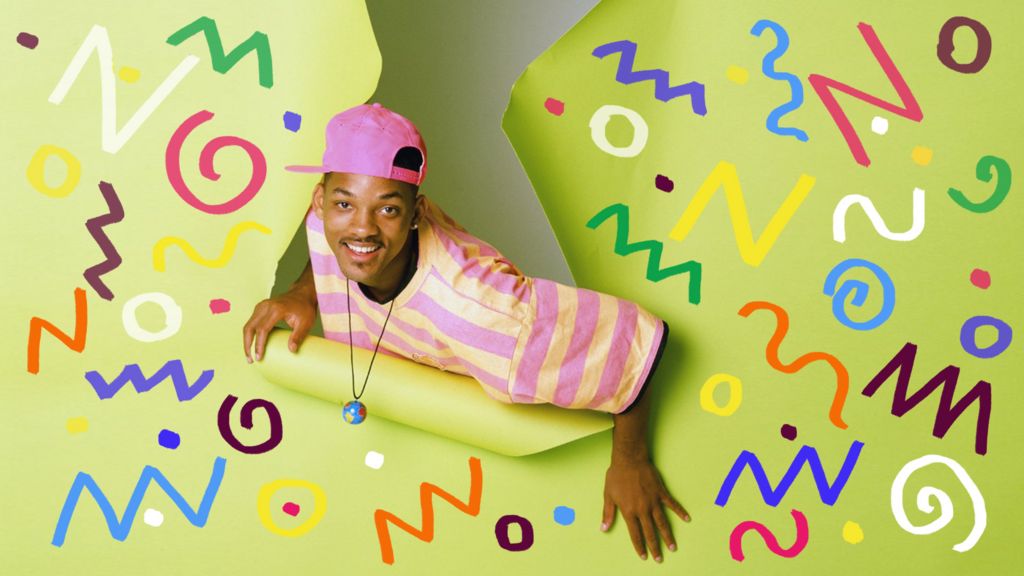
But is buying the Fresh Prince box set and watching re-runs of Friends all that bad? After all, if it wasn't nostalgia, it'd just be some other marketing strategy.
Well, assistant professor Dr Ryan Lizardi of the SUNY Polytechnic Institute has spent his career studying the media's use of nostalgia, and he thinks it could be that bad.
He told us: “In my book 'Mediated Nostalgia', I argue that when nostalgia is increasingly defined by media companies as the films and shows we loved in our youth, we are discouraged from connecting with our individual and collective histories. Instead of encouraging a meaningful interaction with history, we are encouraged to interact with the newest remake.”
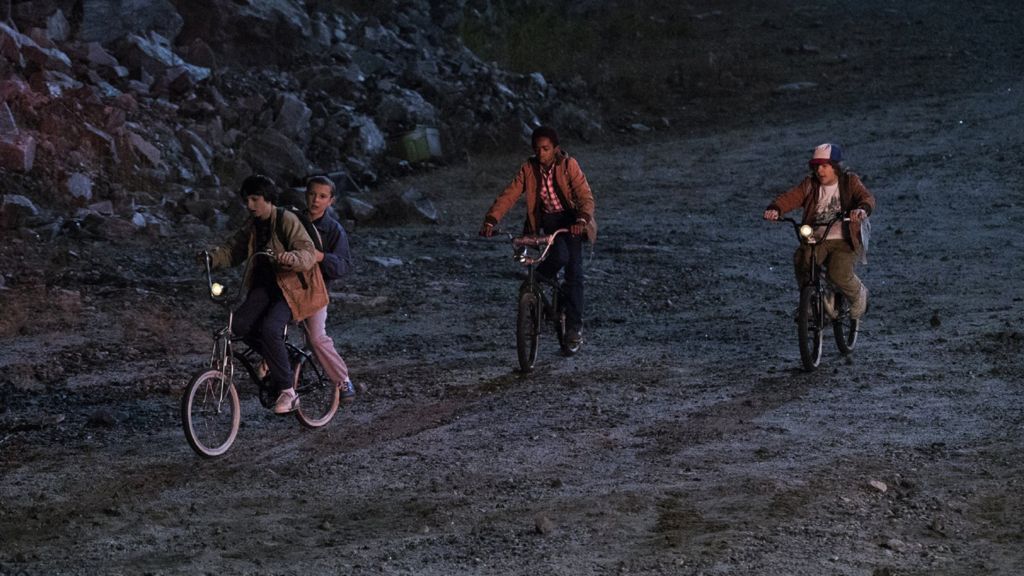
Dr Lizardi believes that the more we're encouraged to think back in terms of the things we consumed, the less likely we are to interact with other, non-media-related aspects of our history.
In support of his book's theory, Dr Lizardi points to an argument made by historian Hayden White, who said that looking at the past simply for the sake of looking is 'thoughtless obstructionism' - a superficial exercise that gets in the way of any useful, present-focused approach to history. And though Lizardi admits that White wasn't referring directly to the media, all this nostalgic rehashing, lucrative as it may be for some - what is it if not the uncritical reproduction and consumption of the old in place of something new?
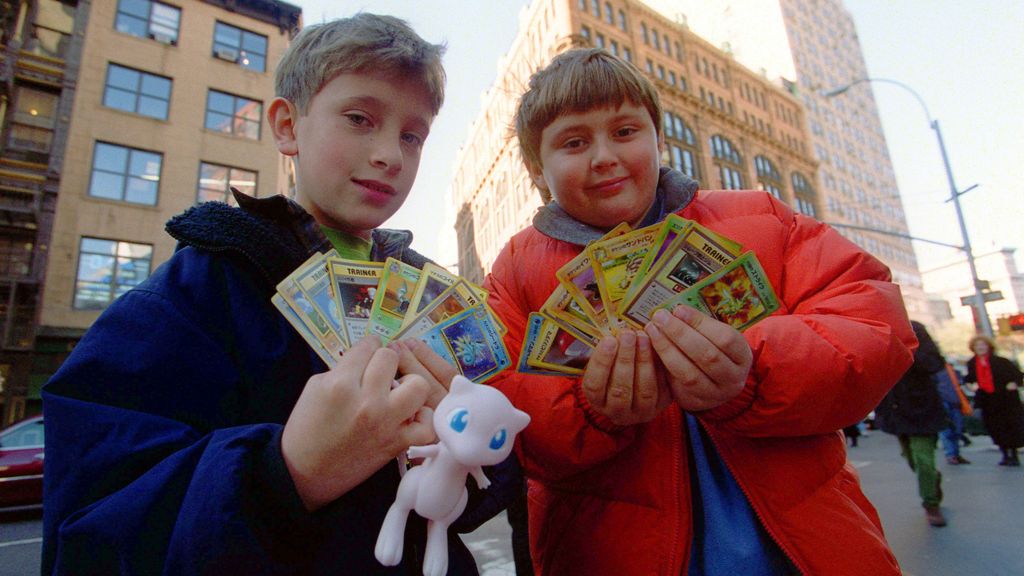
Dr Sedikides and Dr Wildschut are psychologists who've been studying nostalgia at the University of Southampton. They think that , rather than being obstructive, nostalgia is actually a blessing, and suggest: "Far from being a feeble escape from the present, nostalgia is a source of strength, enabling the individual to face the future."
After inducing nostalgia in participants using smells, lyrics, music, and by asking participants to recall and record positive memories, researchers were able to measure future relevant traits like creativity, inspiration, optimism, and positive social behaviour. They found that, compared to a control group, these traits were heightened in the nostalgic participants.
The psychologists concluded: "Nostalgia may refer to the past, but it is surprisingly forward looking. It links and assimilates one's past with one's present and, crucially, one's future.
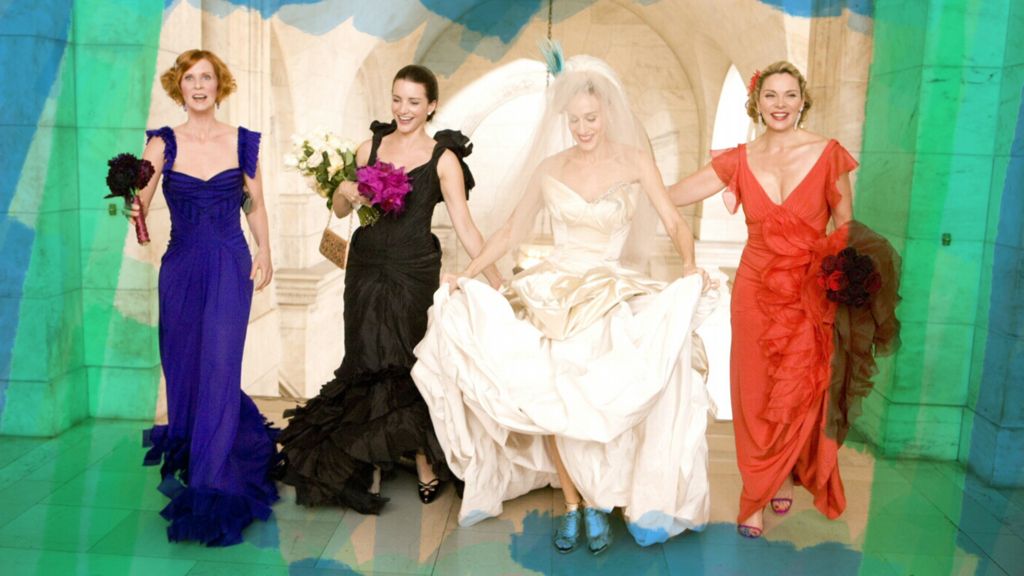
If we really are increasingly encouraged to think of our pasts in terms of films, bands and general stuff so that we can be sold and resold that stuff, is it not possible that we will, in turn, begin to think back to our pasts in terms of that stuff too?
In that examined the effects of advertising on memory, researchers found that even childhood memories could be manipulated when participants were presented with false cues.
“The very fact that advertising cues may serve as frames to alter past, current, and future experience is not surprising in light of current research on memory.”
So it's clear that our pasts are capable of being distorted by the people trying to flog us tickets to the past. But as to the accuracy of Dr Lizardi's theory that the media's current version of nostalgia might overtake, and to some extent eventually displace our memories - that we're yet to find out.
Though a few things are clear. Nostalgia is a powerful and generally positive human condition. It gives us strength. It allows us to access a positive image of our past and use it to position ourselves favourably in relation to the future. But as with all human emotions, advertisers are keen to synthesise nostalgia to reap its benefits in the form of currency. Meaning it's quite possible that our view of the past will at least be coloured by the version of that past as advertised by the media.
Is that okay? Is that a bad thing? Do you care? Well, that's down to you. But you have to admit, a day pretending to be Ross screaming “PIVOT…PIVOT” sounds pretty fun, no?